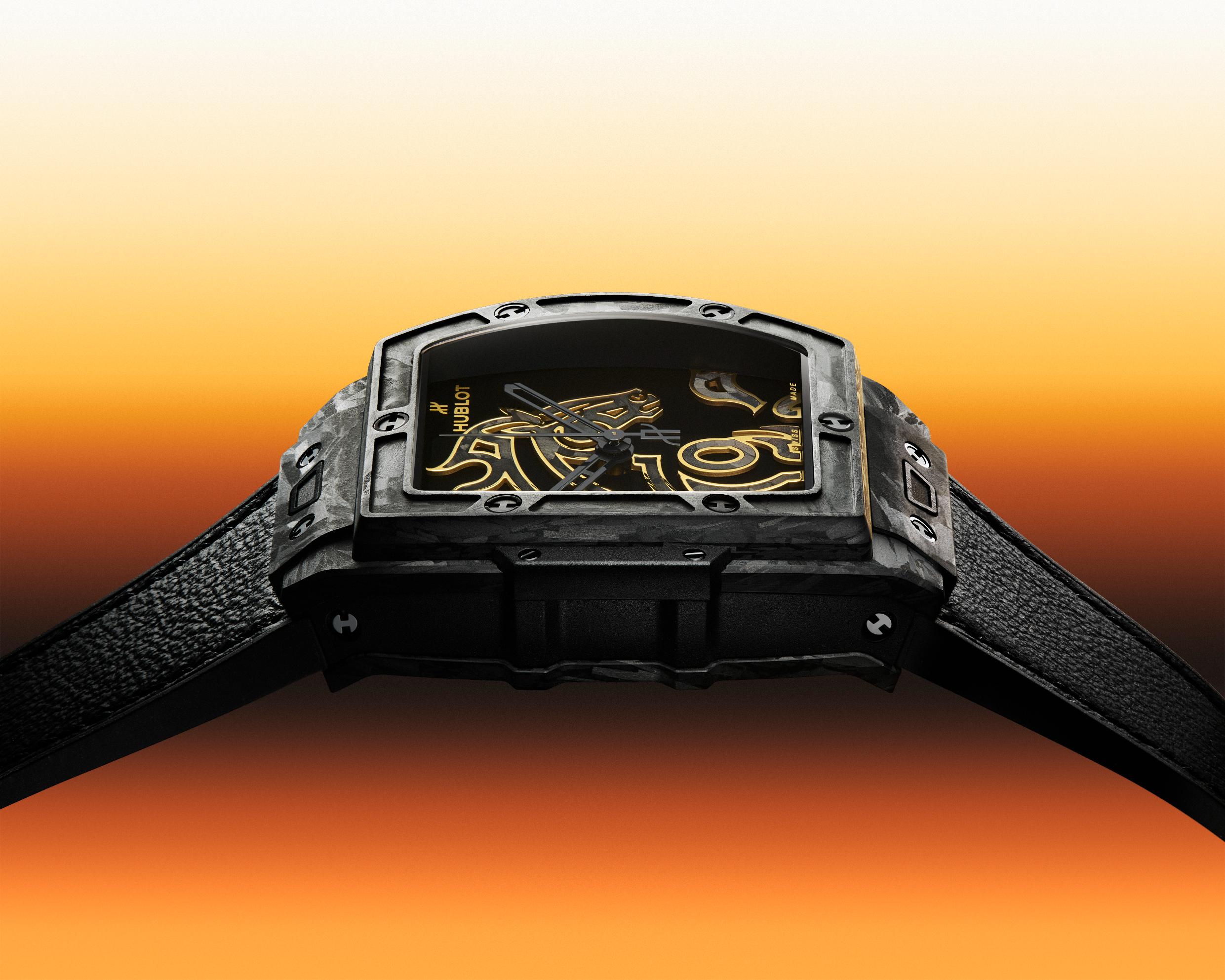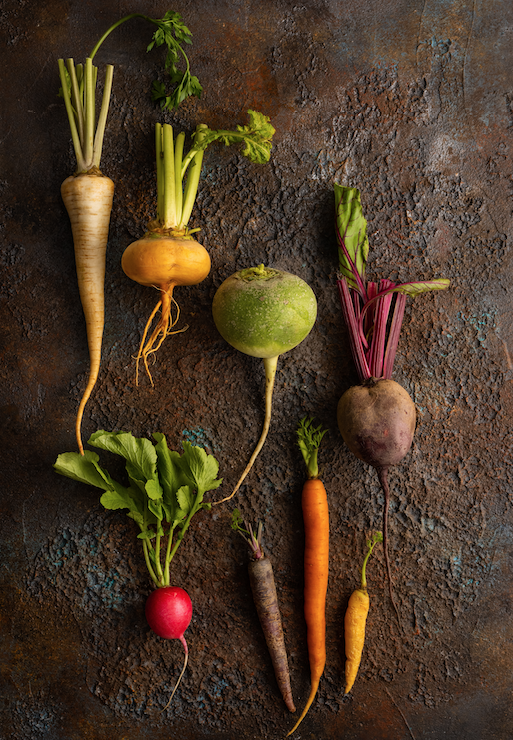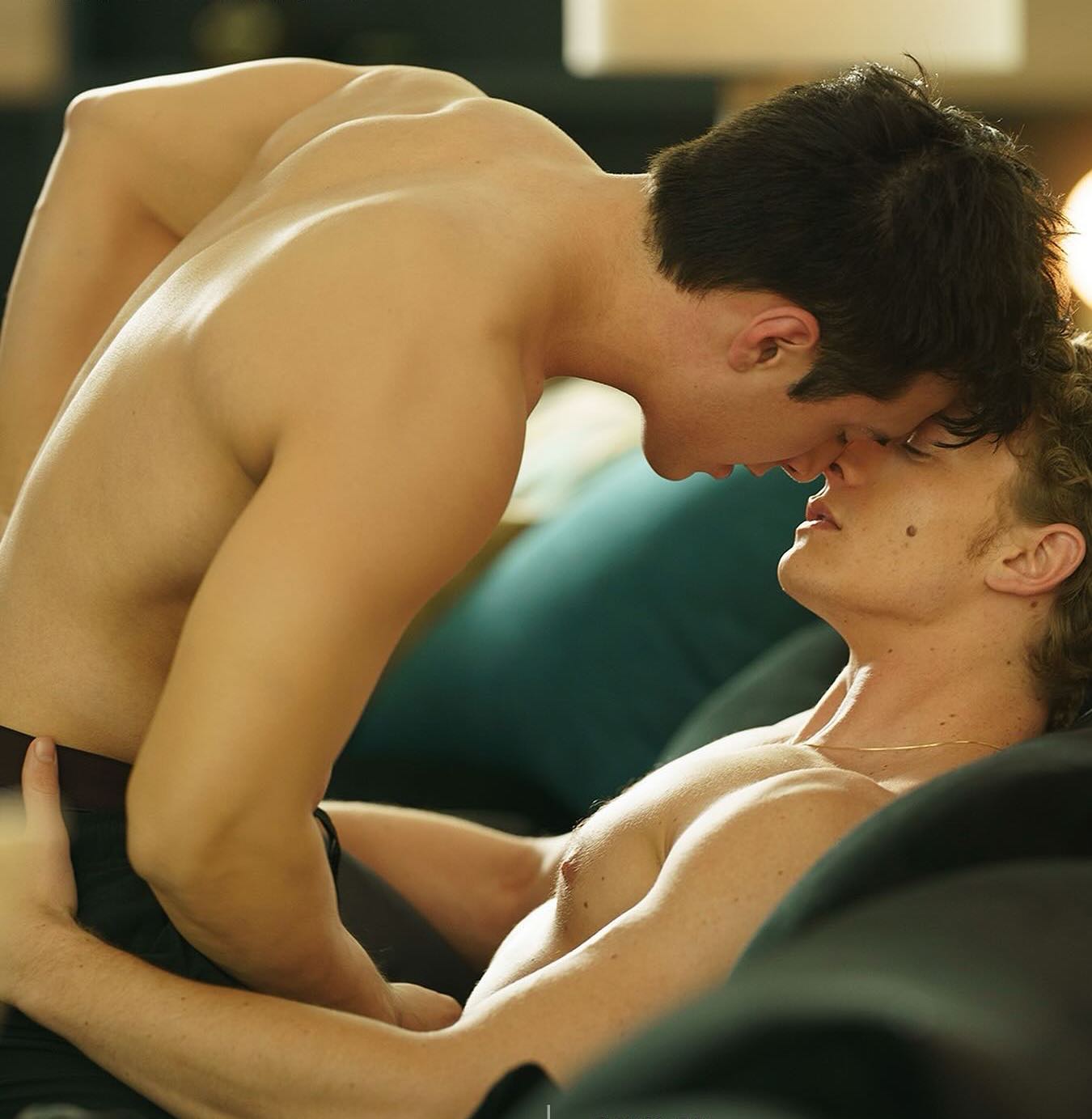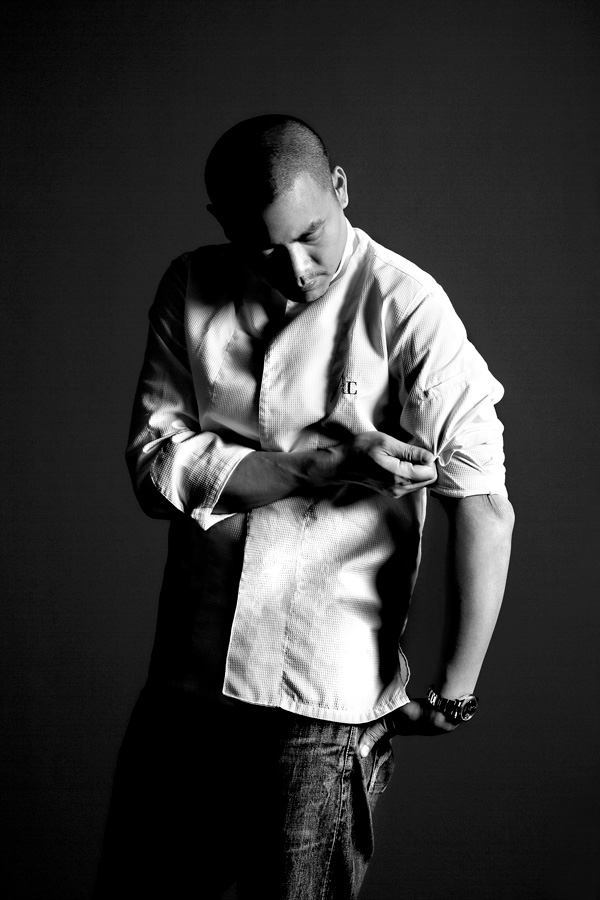
Taiwanese-born André Chiang has seen a meteoric rise in popularity over the course of his 20(ish) year career, and it’s all down to determination. As a young chef, he moved to France without a word of the language, and fifteen years later was named head chef of Le Jardin des Sens, the three Michelin-starred restaurant of Jacques and Laurent Pourcel.
Today, the creator of Octaphilosphy is the pride of Asia. Chiang is easily the region’s most prominent chef, and one of the world’s most celebrated (if you’re unfamiliar, you can read more about him here). But shortly before coming to Hong Kong, he appeared in the news for an unusual reason. Not a new restaurant, as could be expected, or even a new book. Chiang instead announced the closure of his eponymous, two Michelin-starred Restaurant André in Singapore and an imminent return to Taiwan to focus on his ‘bistronomic’ restaurant Raw. He also asked to return his stars, and not be included in any future guides.
Since the announcement the chef has been keeping mostly mum on the subject, but you can read his full statement here. With the entire culinary world eager for more details, we spoke to him about his next steps and the future of Asian chefs.
How was the Hong Kong Wine & Dine Festival?
It went well. When we got off the stage, everybody was so happy with everything. Many guests had been to Restaurant André in Singapore, so I saw a lot of familiar faces, which was really nice.
How is Hong Kong’s culinary scene different from the rest of Asia?
I would say it’s about speed, speed. Everything is so fast; the dining scene is fast-changing and the pace of the diners is fast. It’s a good and a bad thing, because you always get the latest concepts, ingredients and trends, but at the same time people need to slow down and appreciate what is there. Sometimes the old things are nice too.
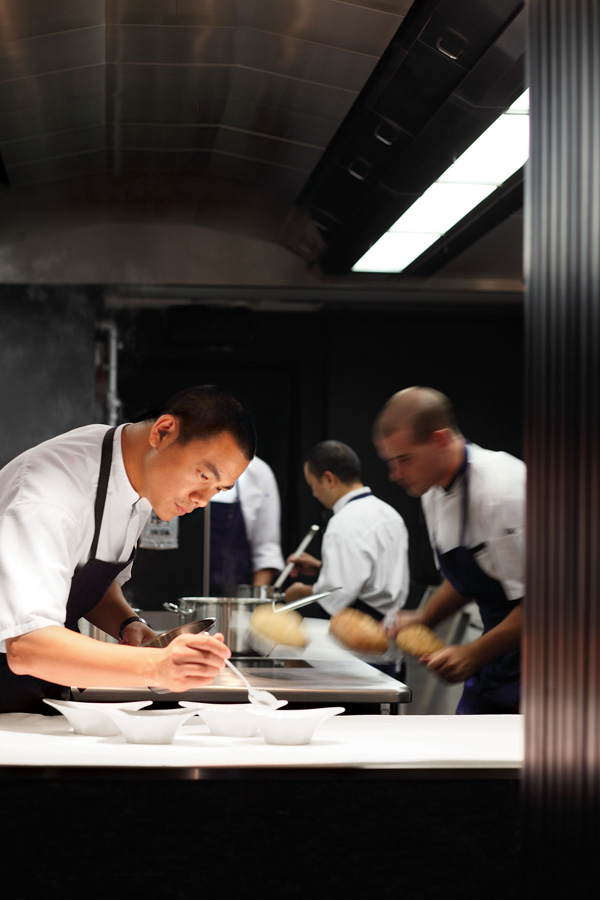
What does cooking mean to you?
At the end of the day, it’s something so personal. For me, it’s about happy guests and happy chefs. It’s not about business, it’s about people saying, “Andre, thank you so much, thank you for the experience,” and I say, “No, thank you, I had a good time too. I enjoyed it.” Today, cooking has become some sort of competition, with people always comparing who is best and what’s best. It’s just too much. As a chef, we shouldn’t see ourselves as better than each other.
What was the most emotional meal you’ve ever had, and what was the most emotional meal you’ve ever prepared?
The most emotional meal I’ve ever had was three or four years ago. Three of us, René Redzepi, Sat Bains and me. We all trained in the same restaurant in Montpellier. This was about 17 years ago, and it was the best in the South of France, with three Michelin stars. We said that one day we’d come back with our wives, and after 14 years we went back and had dinner. You know, back then we were all kids – and today we are probably the three best chefs in the world. That was quite a moment. The whole meal we spoke about “Do you remember we used to do this?” or “We used to hide our prep here…”. You go back to the same place years later, with the same chef, your mentor, cooking for you and your best friend, that’s a memorable moment.
Are you three still best friends?
We are still very, very good friends, we see each other once, if not twice, a year every year.
Restaurant André is closing in just a few months, how are you feeling about the next chapter?
I’m relaxed, I’m very relaxed, I’ll be still working. After the closure, I’m going to stay on site because we own the building and we’re going put a new concept there. It’ll be the same site, with the same team, just a different name. I’ll still be behind the restaurant, obviously. We still have a couple of projects in the pipeline. I’ll be pretty busy. We’ve got three more projects to finish in one year.
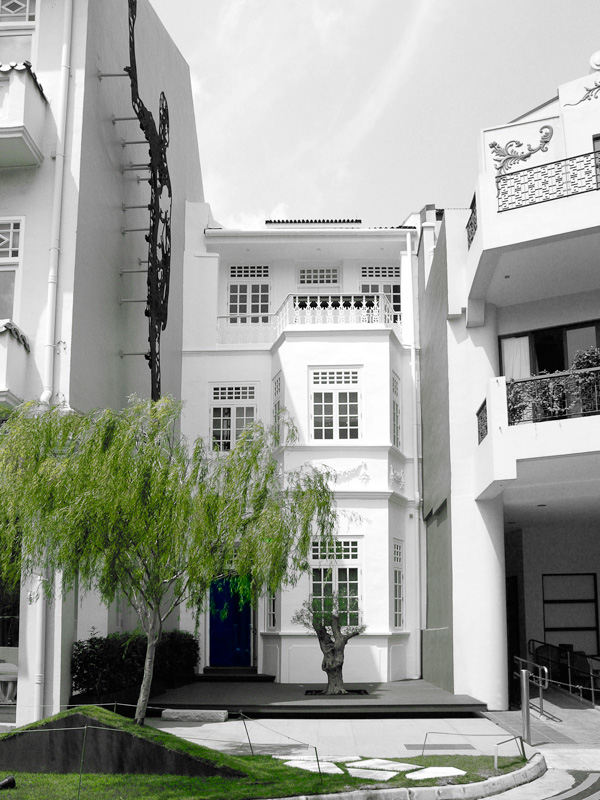
Will you take any keep-sakes from this restaurant?
The building is so signature, we have a 500-year olive tree that I brought from the south of France. So, I guess that’s something that is very important, that I hope will stay there forever. And we have a blue door at Restaurant André, it’s a very special blue colour that I picked, so those are the two things.
What do you have planned for your next stages? I know you’ve spoken about teaching the next generation of chefs.
I won’t be teaching them like a school, but I will pass on my knowledge, my experience. I don’t see why there are so many great talents in Asia, and there can only be one Andre. There can be 20 or even 50 Andres. The only thing I’ve planned is I’m going to visit all the masters of Chinese cuisine in Yunnan, Szechuan, Shanghai and all the different cities to understand about our own culture. Not just Taiwan, but also China. Then I can figure out what I can do for Asia.
Why are you going back to Taiwan?
As soon as I don’t have Restaurant André as a base, I want to go back. I left Taiwan when I was 13, so the past 30 years I’ve been outsider everywhere: France, Africa, China, Singapore. It’s never home. There’s always a part of me missing, being Taiwanese, I want to go back and take time to understand my home land.
What process did you go to before announcing? Did you speak with any mentors or colleagues, or consult your wife?
Nobody, not even my wife. Let’s put it this way, I grew up in an artist family, my mother’s a chef, my father’s a calligrapher, my brother is a clothing designer and my first passion was pottery and sculpture. I see every restaurant, now we have six, as my creation. We start with a white canvas, and then paint every detail. I’m involved in the design, branding, furniture, logo, everything single thing for every restaurant. So, when you start with a canvas and you start to put in every single stroke, there will be a day when you say the picture is perfect just the way it is, and you sign your name in the corner, and you don’t want to touch it anymore. I don’t feel regret or pity, because that picture is complete. I can have 10,00,000 creations, but I don’t want to create the same painting again and again, that’s not creativity. That’s not a creation, it’s a daily routine. If you were born in an artist family and had this perspective, you will understand how I feel.
What do you wish for the future of the Taiwanese culinary scene?
I wish to see the future of the whole Chinese culinary scene, not necessarily just Taiwanese. I still remember two years when my friend Massimo Botturo was named the number one chef [his restaurant, Osteria Francescana took the top spot in the annual World’s 50 Best Restaurants in 2016; Restaurant André was ranked number 32]. He said, “Andre, I’m so proud of you. You’re the only Chinese chef on this list, but I’m worried there won’t be anyone like you in 10 or 15 years.” That woke me up. After me, there’s nobody. Now I want to do more with all the great chefs and talents we have. We need five or ten new Andres. It took me 10 years to build Restaurant André in Singapore, and I believe I can take another 10 years to make sure we have another 10 Restaurant Andrés.
Answers have been edited for clarity and length



